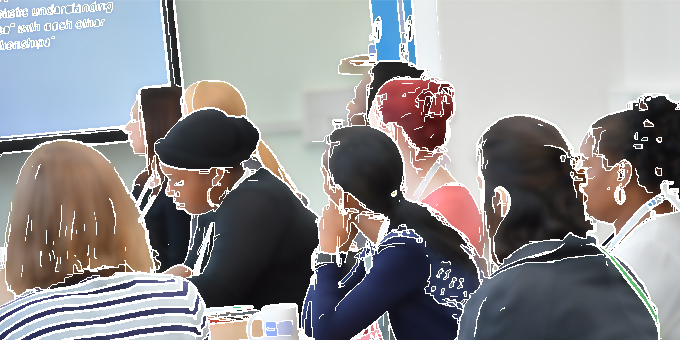The Assessment, Action and Planning (AAP) sessions have been shaped by the development of the Living Well Network, which highlighted a ‘lag’ in these processes of support.
The Network has been exploring how people can be supported through this cycle to make sure they get the right services at the right time… without experiencing that ‘lag’, and that services are designed to ensure continuity.
The AAP sessions create an opportunity to discuss ideas for change, to explore in more detail and with as many people as possible, how our work could be done differently.
The AAP sessions have focussed so far on co production and how staff integrate this in their daily practice, peer support and the development and design of the well being packs (to help support people to make choices through their recovery journey).
The AAP sessions will continue once a month; see below for dates and topics for the first 6 months. Everyone living in Lambeth is welcome to attend; however due to limited capacity entrance will be on a first come first served basis.
The sessions will be held at Mosaic Clubhouse, details below, and it is hoped that everyone attending will feedback and contribute to the evaluation of the sessions.
The sessions are outlined below.
1)The 1st session took place on the 26th February and featured The Hub
Sharing the Living Well Network Hub expansion plans with service users, carers and key stakeholders and provided a forum to discuss the proposal and generate ideas about how to integrate people into the network.
2) Crisis tool kit -26th March, 1-3pm
Patrick Nyikavaranda from Certitude to lead on development and delivery
The Living Well Network would like an opportunity to think about what assets, skills and coping strategies people use when things are not going well and drawn on experience to develop a tool kit that others may benefit from.
We would like to develop a list or toolkit that people in the network – service users, carers, providers and workers can use as a resource to promote well-being. This will especially focus on the assets people have to support someone when things are not going so well.
3) Choices, knowledge and power in care 30th April, 1-3pm
How can the network empower people to take responsibility for their well-being. Moving away from traditional attitudes and behaviours that people have regarding health care and seeing health care professionals. Thinking about how health care professionals support empowerment and choice to ensure that people get the care they want and need.
4) Communicating with people not patients 28th May, 1-3pm
The Hub needs to be able to communicate with people about the outcome of their support, how is this best done? We would like the ‘letters’ we write to be useful, can they be ‘prescriptions for life’ that people refer back to in the future to remind themselves of skills and assets they have learnt or gained?
How do we ensure that everyone can access our letters and written information, what formats would people find useful? Is there other ways to present our information for people with dyslexia or who do not speak English as a first language.
5) Client Evaluation 25th June, 1-3pm
How can the Hub get honest evaluation and how do we encourage feedback to that it is useful and engaging.
As the LWN Hub is new we would like to be able to demonstrate its strength to others, but we also need to know when things do work. What is the best way to do this?

